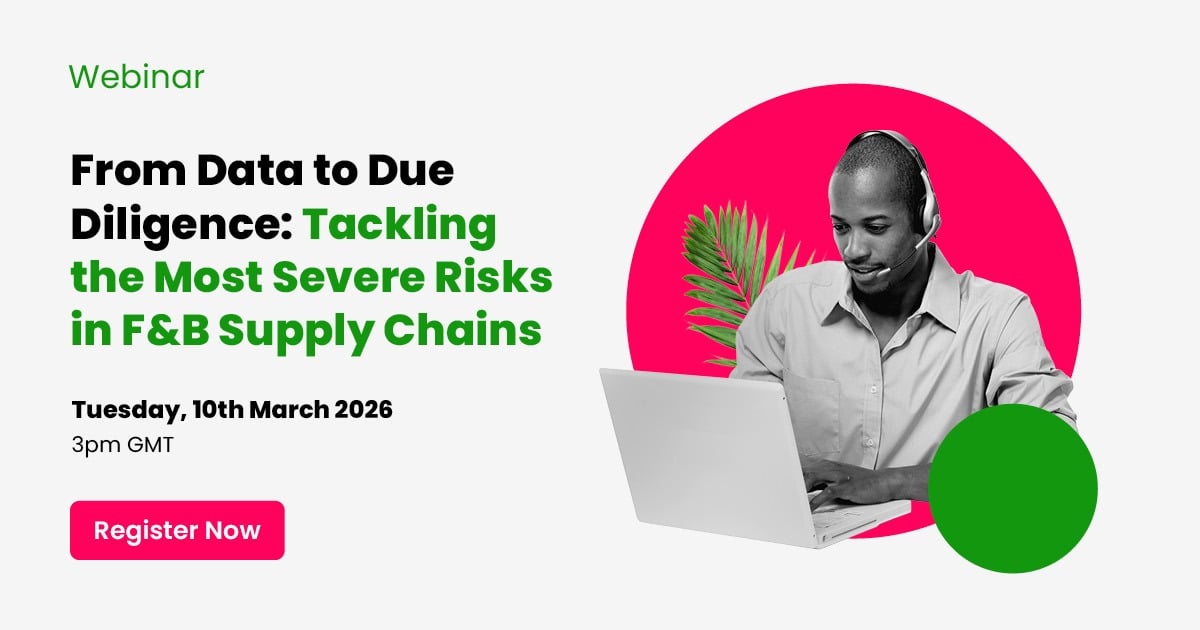Why Assessing Service Provider Suppliers is Essential for Human Rights Due Diligence
The emphasis on corporate sustainability and human rights due diligence has never been stronger. With the rise of mandatory regulations and increasing consumer awareness, companies are under more pressure than ever to ensure ethical practices throughout their supply chains. Yet, one area that often falls under the risk assessment of service providers.
Sedex is committed to helping businesses navigate the complexities of supply chain ethics. That’s why this year we’re releasing a new Self-Assessment Questionnaire (SAQ), tailored specifically for service providers. So, why is assessing these suppliers so crucial?

Understanding service providers
Service providers, unlike goods providers, offer intangible services rather than physical products. These can range from cleaning and security, to the transportation of goods or the recruitment of workers. Despite their critical role in business operations, assessing the ethical practices of service providers has historically been overlooked by many businesses ethical trade programmes, which have tended to focus on the suppliers of goods for resale and the extraction of raw materials.
Meeting regulatory expectations
The landscape of corporate sustainability and human rights due diligence is evolving rapidly. Regulations such as the EU’s Corporate Sustainability Due Diligence Directive (CSDDD) mandate robust systems for managing human rights and environmental risks throughout the value chain. This includes service providers, as outlined explicitly in the directive.
Identifying risks
Many service provider sectors, such as transportation, security, cleaning, catering, construction, waste management, and the provision of labour, are not only vital to business operations but also present inherent risks. These sectors often involve low-skilled, labour-intensive work, complex subcontracting arrangements, and a reliance on migrant workers. Workers in these industries are vulnerable to various forms of exploitation, including forced labour, excessive working hours, wage violations, and health and safety hazards. By assessing service providers, businesses can uncover these risks, take proactive measures to mitigate them, and uphold their commitment to ethical supply chain practices.
The role of the SAQ
Our new SAQ, developed in alignment with Sedex’s SMETA audit framework – itself underpinned by the ETI Base Code, local law and ILO conventions – covers key areas such as labour standards, health and safety, business ethics and the environment. Additionally, it includes a section on local communities, human rights, and supply chain issues, addressing important topics that go beyond the scope of on-site assessments.
Tailored, characteristic-based approach
One of the key features of the service provider SAQ is its characteristic-based approach. This ensures that service providers are only asked relevant questions based on factors such as location, type of work, and company size. This tailored approach streamlines the assessment process and focuses on the specific risks inherent to each service provider.

Support and guidance
We understand that completing the SAQ might be a new process for some service providers. That’s why we’ve included detailed explanations and guidance alongside each question. Our goal is to empower service providers to understand the importance of ethical practices and navigate the assessment process with confidence.
We believe that assessing service provider suppliers is not just a best practice – it’s an essential component of human rights due diligence. As regulations continue to evolve and consumer expectations rise, businesses must ensure that ethical standards are upheld throughout their entire value chain. With the upcoming release of the Service Provider SAQ, Sedex offers a solution that supports businesses in meeting these obligations and driving positive change in the global value chain.
Ready to strengthen your supply chain ethics and understand how our tools can support compliance with regulatory standards? Contact our team today to learn how Sedex’s tailored solutions for assessing service providers can benefit your business.





